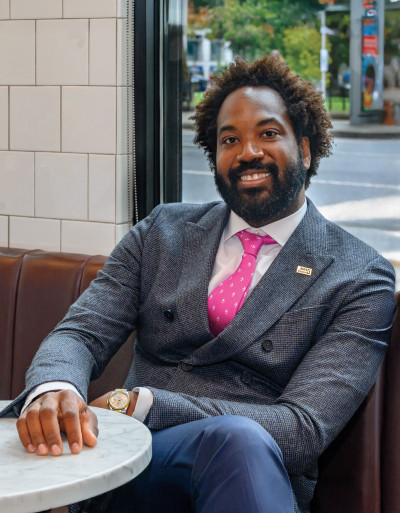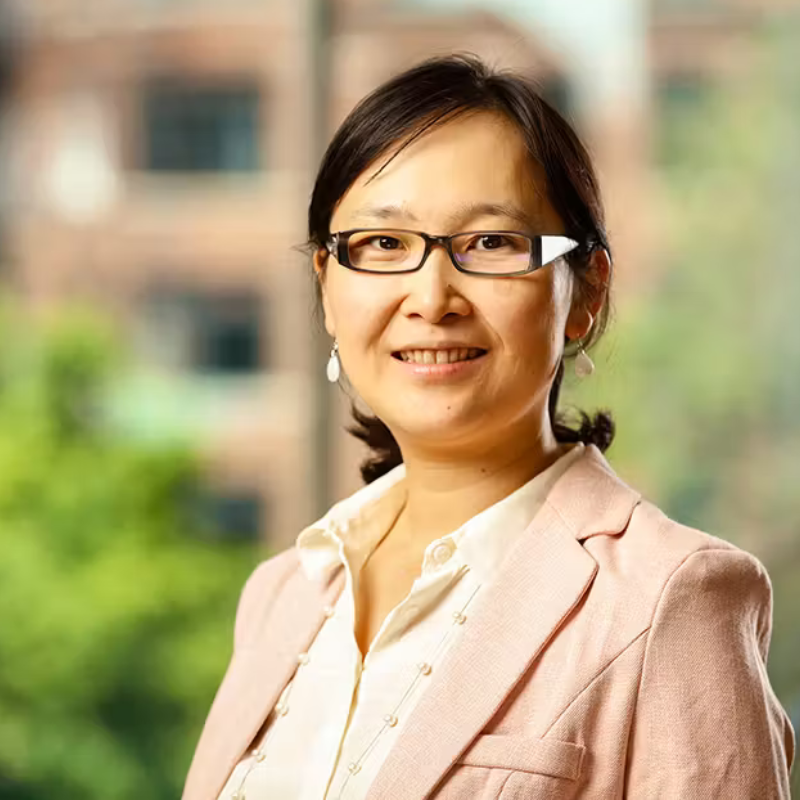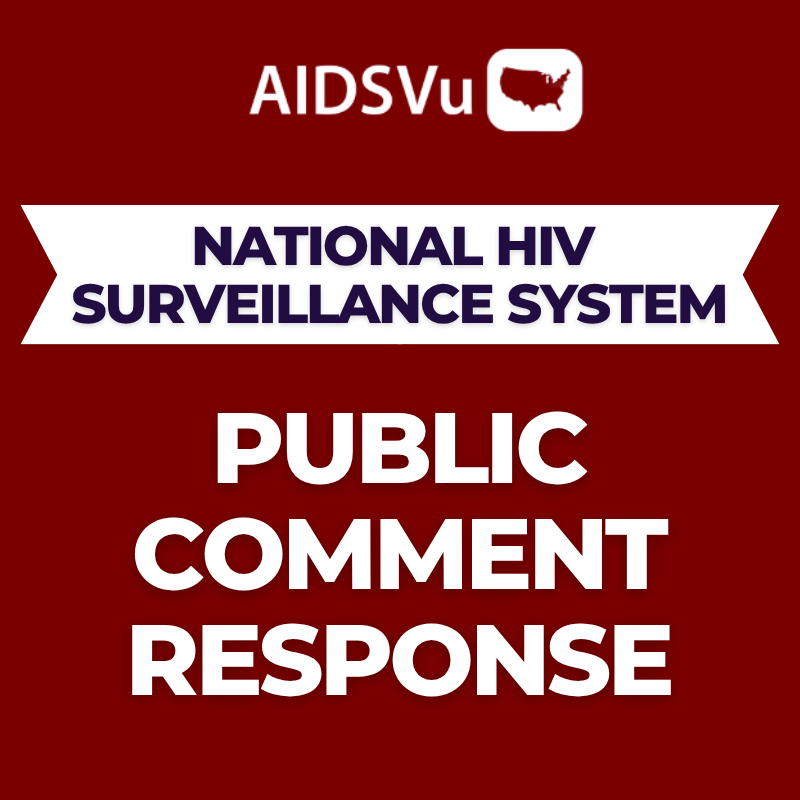Luis Mares is the Director of Community Mobilization programs at the Latino Commission on AIDS. He helps coordinate the National Latino AIDS Awareness Day (NLAAD) and National Hispanic Hepatitis Awareness Day (NHHAD). For over 10 years, Mares has organized nationwide programs to spread awareness through education and outreach.
Your career has focused on the prevention, treatment, and care of HIV in Hispanic/Latinx populations since the beginning. What drew you to this line of work?
I grew up in the ’80s when the epidemic was going on, but at that point I was living in Peru. The ’80s is also when I started studying medicine. It was very scary to listen to the news, what was happening in New York and other places. I never imagined that I would work in this field. However, I moved to New York in 1997, and I was finally free to identify myself as member of the LGBTQ community.
In New York, I realized that HIV was present in my community: the LGBTQ community and Hispanic community. What I thought at one time was far away and scary was here around me, beside me. My then-boyfriend was HIV positive as well; I had come to New York for him. It was a shock to find that out, but I wasn’t afraid. I just wanted him to be taking care of his health. Sadly, he died after six years, and he died in my arms.
I was diagnosed HIV positive as well. However, I was already working in a program that provided services to homeless people living with HIV, so I had resources and information available to me. All of these factors combined to make me realize that something needed to be done. I wanted to do work for the people living with HIV in this country, especially for the Latinos, that were affected in a different way.
We needed to make treatment and prevention programs to reach the minorities, which includes my Latinx/Hispanic community, and to address HIV stigma because the stigma is a killer.
It feels like maybe fate and destiny led me down the path to this kind of work.
National Latinx AIDS Awareness Day (NLAAD) was first observed in 2003 by the Hispanic Federation and the Latino Commission on AIDS. What spurred the creation of this awareness day, and what goals did it want to achieve?
The Latino community is disproportionately affected by HIV. Additionally, at the time the awareness day was created, the Latino Commission on AIDS (LCOA) wanted to address the fact that we were affected in a disproportionate way. Denis De Leon, President of the Commission at the time, and all the staff of the Commission thought it was an incredible idea and an extremely necessary campaign. The effects of the HIV epidemic were devastating in our community; there was a very disproportionate impact on us, a disproportionality that persists to this day despite the efforts made by so many organizations that get together on October 15th to observe NLAAD.
I know the beginning of the campaign was mostly focused on testing, because the need was bigger then. Over the years, the focus has changed to everything, not just testing but prevention and treatment as well. The goal of the campaign is still the same: to create awareness. We want to make the community aware of all the tools that we have now to defeat this epidemic and to be able to live a healthy life. We also want to work against health disparities in general, not just HIV.
As you reflect on the past 20 years of sponsoring National Latinx AIDS Awareness Day, what achievements stand out most?
Many organizations, including government agencies, like U.S. Centers for Disease Control and Prevention (CDC) or the Department of Health and Human Services (HHS), now include NLAAD within their programs every year, which we consider a success, as this increases awareness. We created NLAAD without knowing where the campaign would go, and now NLAAD is being run by many well-respected organizations.
In 20 years, more than a hundred thousand people have worked NLAAD events. More than 500 organizations have kept in touch with us to do events for NLAAD. And out of the 50 states, we have had events in 40 states of this country.We have been able to reach almost every corner of the country with partnerships with other organizations.
Hispanic/Latinx individuals have the lowest rate of PrEP use among other races despite accounting for 29% of new HIV diagnoses in 2021. Why are organizations like the Latino Commission on AIDS so vital in helping reduce these types of health disparities?
Blacks and Latinos are the people who need to use the PrEP the most, but they are not receiving it. The Latino Commission always studies this data every year, and it worries us.
It is vital that organizations like the Latino Commission on AIDS, Hispanic Federation, and every other organization that works with Latinos, do the work that we are doing. We are not only trying to work on overall awareness in the community, we want to convince them, because many people do not believe that it is worth it and effective. We want to inform people that they can take preventative measures with a pill every day or injection every two months.
We need to work on different levels, with the government, for example, doing advocacy and educating them about the community and what we need. Then, the government can create better policies to make PrEP and other resources more accessible to the Latino community
In honor of National Latinx AIDS Awareness Day’s 20th Anniversary, what message do you have for the broader HIV and public health community on this day?
We have been working on this campaign for 20 years, and every year we have a different slogan and different posters. This year the message is, “Do it your way, do it right.” Open your eyes, community. HIV has no borders. We must love ourselves and get tested because knowledge is power. Only united, whether we live with or without HIV, can we end the HIV epidemic. We have the tools to do it.
HIV is everyone’s job. We all can be the superheroes of this story if we want. Vamos, con ganas! The solution to this epidemic is at our fingertips. It has already been too long, more than 40 years with this epidemic. Now we have medications to treat and prevent HIV, by mouth or by injection. Come on, do it your way, but do it right. We can end this epidemic, but we must be committed to it.




